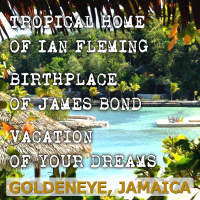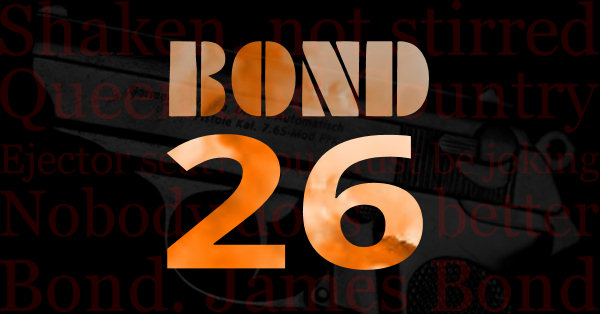I was recently asked by MI6 to interview John Pearson, author of The Life of Ian Fleming and James Bond: The Authorised Biography, which you can read here. It was interesting to discuss Ian Fleming with someone who actually worked for him and had first hand experience of James Bond’s creator.
The interview was nearly doomed though. The a few days after recording the telephone interview i managed to trash my hard disk drive (don’t ask) and was unable to access anything. After 10 days of trying to recover the data, I received it back still unusable; but eventually managed recover most data, including the interview and a partial transcription.
Anyway, you can read the edited interview on MI6, but you might also be interested in some of the outtakes below:
David Leigh: In the novels Fleming put very little of Bond’s background and sometimes when it exists it can be a bit contradictory, did you know the novels inside out and how much did your first hand knowledge of Ian Fleming help?
John Pearson: Well, the novels are not very much help, as you say they’re fairly contradictory but Bond’s obituary was quite a helpful thing to have as a guide. I found all that rather interesting because I feel that underneath all the books that, as with Ian himself, there is a strain of melancholy and, I don’t know if they’d been reading my book but whoever wrote “Skyfall” had M, Judi Dench, saying orphans make the best agents and I don’t know how much of that came from the book, you know his parents were killed rather dramatically in the alps and Bond was brought up by his Aunt in this wonderful Bond named hamlet just outside Canterbury called Pett Bottom, which does actually exist. I used to live very near there at one time and Ian of course also used to live there, a very pretty bit of Kent and “Pett” is the Anglo Saxon word for wood apparently, so it was “the bottom of the wood” or “the back of the wood”. But old Fleming loved that you see, a perfect place for Bond to live, it was a sort of Fleming joke.
DL: There’s a pub there that boasts of Ian Fleming’s favourite seat I think.
JP: That’s right, that’s The Duck. When I had my children at school in Canterbury we always used to go there and sit in James Bond’s pub and the children rather liked it.
DL: You said in the introduction to your biography that Ian Fleming approached you for the job at the Sunday Times. How was it that you knew him?
JP: It was through a guy called Donald McLachlan, I was a journalist on The Times originally and left to work for BBC Television for a while, which I didn’t like.. I was one of the worst people on the television. I wanted to get back into journalism and I knew a bloke called Donald McLachlan who was a friend of one of the people who taught me when I was at university. He’d just been appointed as editor of the Sunday Telegraph and he promised me a job but that fell through and I was suddenly rather in need of a job. He told me “I can’t offer you one at the moment but I’ve got a friend who is looking for someone to work as an assistant for him. That was Ian, and I had no idea who Ian Fleming was when he rang me up and asked if I’d like to go and work for him. It was one of the best things that ever happened to me, it was an enormous bit of luck.
DL: And earlier on your said that when Ian Fleming first phoned you up you didn’t know who he was. Do you mean by that that you weren’t aware of the Bond books?
JP: No, I wasn’t aware of them at all. I think he’d written three or four by then and I’d worked for him for six months before someone on the paper told me that he wrote thrillers. He also said that they didn’t sell very well, that they’re rather specialised! And I got Live And Let Die and really thought it was marvellous and I said to him that it would make a marvellous film. He said “absolute nonsense dear boy, let’s not exaggerate. Caviar to the general, that’s all my books are, caviar to the general.” Of course he was trying very hard to sell the film rights already, they were terribly important to him. But there was this thing to start with that he thought they were very much for, in advertising terms, an A audience, he realised that one of the things about them was that they were over the whole range, sort of B and C.
DL:What’s the most 007 like thing you’ve ever done?
JP: I suppose the most 007-like thing I’ve ever done is to try to write a book about the Kray Twins. I know by the end of it, Ronnie who was a paranoid schizophrenic, was convinced that I was working for MI5, so I was really rather scared and I had to meet him occasionally and I used to meet him in the Ritz, which was rather a Fleming thing to do and it was quite a good place, because at least there I felt I was safe. It is rather what Ian would have done I think, although it would probably have been the Dorchester, he didn’t like the Ritz.
Read the MI6 interview here.










